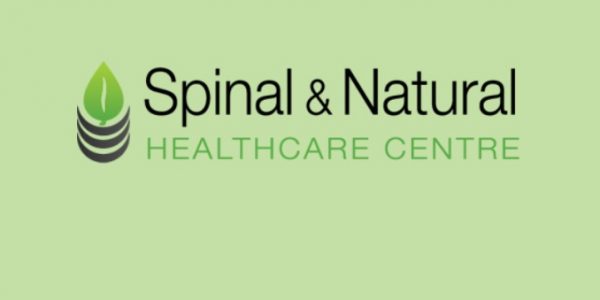There has been much publicity ahead of the Food Standards Agency (FSA) publishing its research on the effects of certain food additives on children’s health and behaviour. For years there has been evidence linking additives to behavioural difficulties including temper tantrums, poor concentration, hyperactivity and allergic reactions.
I speak from experience here – as a four year old I was almost uncontrollable. Fortunately my mother and a nutritionist tested me on a low sugar diet that also excluded artificial colourings and my parents tell me that I improved immediately.
The additives studied for the FSA report are tartrazine (E102), ponceau 4R (E124), sunset yellow (E110), carmoisine (E122), quinoline yellow (E104) and allura red AC (E129). These substances have no nutritional value and no place in your children’s diet. Perhaps keep a note of this list in your purse or wallet to check when you do your food shopping.
If you want to see more manufacturers removing these additives, then you can boycott products containing the additives and also write to your local supermarket demanding that they do not stock items with these additives in them. Personally, I fail to see the reason why we have colourings in food. Perhaps it is part of the poor understanding among many children of where food comes from and what it should naturally look, smell and taste like.
There is plenty of evidence to show that removing artificial colourings from diets reduces the rate of hyperactivity in young children. As behaviour improves so will performance at school. In a study comparing two twin boys, one brother had a diet that excluded chocolate and sweets, fizzy drinks, flavoured crisps and caffeine. The twins’ IQ was tested before and after the experiment. The twin on the additive free diet improved his IQ score on the post-study test by 25 per cent compared to his brother who only improved by 10 per cent. This could be linked to the inflammatory properties of sugar, let alone the soncerns surrounding artificial sweeteners!
In the States, the home of the Ritalin-epidemic, chiropractors have been delivering promising results by working with non drug treatments that focus on postural muscles, nutrition and lifestyle changes that affect brain activity. As far back as 1989 a study* on hyperactive children receiving placebo treatments and chiropractic adjustments indicated that the majority of children receiving chiropractic adjsutments significantly improved.
I’ve seen very encouraging results in my own practice too with parents frequently reporting improvements in their children’s behaviour, sleeping and concentration levels following the care. Much more study needs to be done in this area and I can only speak from my own clinical experience working along side centre members GPs and specialists.
Very different from hyperactivity is the group of symptoms called Attention Deficit Hyperactivity Disorder (ADHD). No one really knows what causes ADHD but it is thought that it is a combination of genetic and other factors, although there is a growing plethora of research linking it to lifestyle related issues including vaccinations! I’m sure you remember the Wakefield “scandal”? It is interesting that more and more independent research is starting to vindicate Wakefields work, to the point that a recent case in an Italian court categorically found in favour of a child saying thr vaccination caused his symptoms!
The Royal College of Psychiatrists state that children with signs of Attention Deficit Hyperactivity Disorder:
- are restless, fidgety and overactive
- continuously chatter and interrupt people
- are easily distracted and do not finish things
- are inattentive and cannot concentrate on tasks
- are impulsive, suddenly doing things without thinking first
- have difficulty waiting their turn in games, in conversation or in a queue.
Although this type of behaviour is common in most children, it is exaggerated in children with ADHD – particularly in comparison to their peer group. ADHD requires professional diagnosis by an expert. If you are concerned about your child, please do speak with your GP or school who can refer you to a child psychiatrist.
ADDISS, The National Attention Deficit Disorder Information and Support Service, is a charity providing information and support to families of children with ADHD. They can also put you in touch with your local support group. www.addiss.co.uk.
Another superb organisation is The Hyperactive Children’s Support Group which is a leading proponent of a dietary approach to the problem of hyperactivity. You can order their guide for parents (£7) which includes meal suggestions, information about food additives and food allergies which may affect behaviour from their website www.hacsg.org.uk.
Along the same lines look up the following from “Juice plus”. The children’s research study they have done is really quite something http://www.childrenshealthstudy.com I would also look up the benefits of omega 3, and probiotics and the benefits to children with behavioural imbalances.
I would also suggest looking at www.NVIC.org for information on vaccinations are you are just that little bit concerned. Also look up the International Chiropractic Pediatric Association www.icpa4kids.org an excellent organisation that I am proud to be a member of and have done several years of training and clinical audits with.
*Giesen JM, Center DB & Leach RA. (1989). An evaluation of chiropractic manipulation as a treatment of hyperactivity in children. Journal of manipulative and physiological therapeutics,12(5):353-63.

